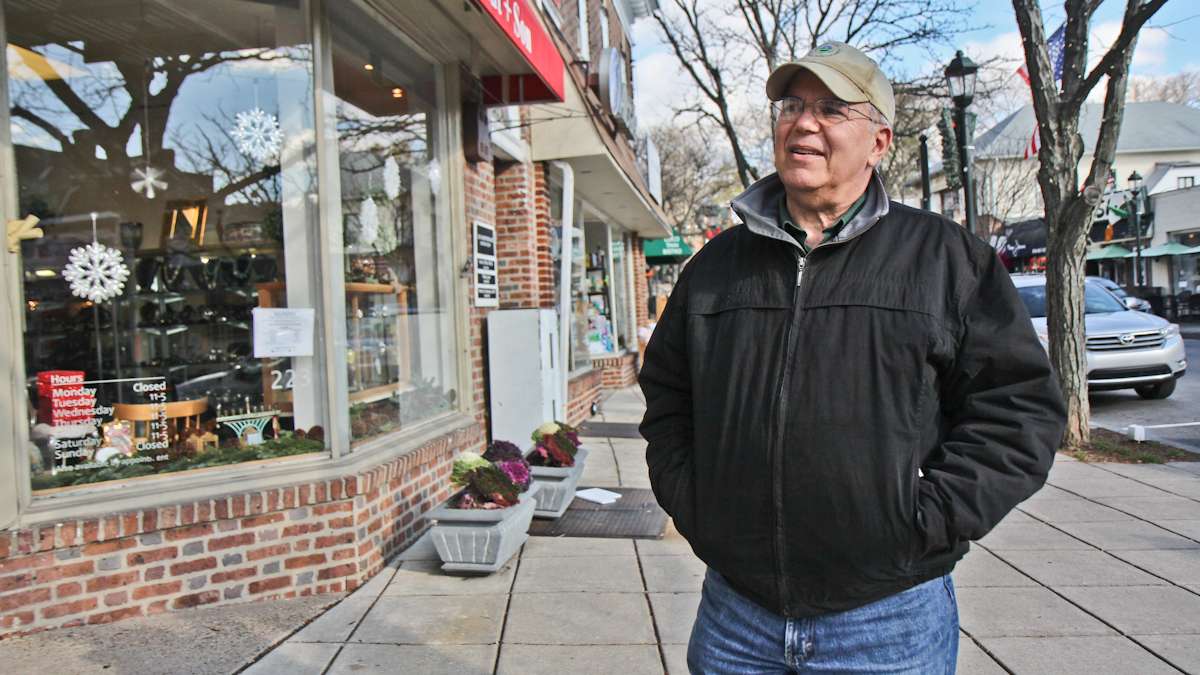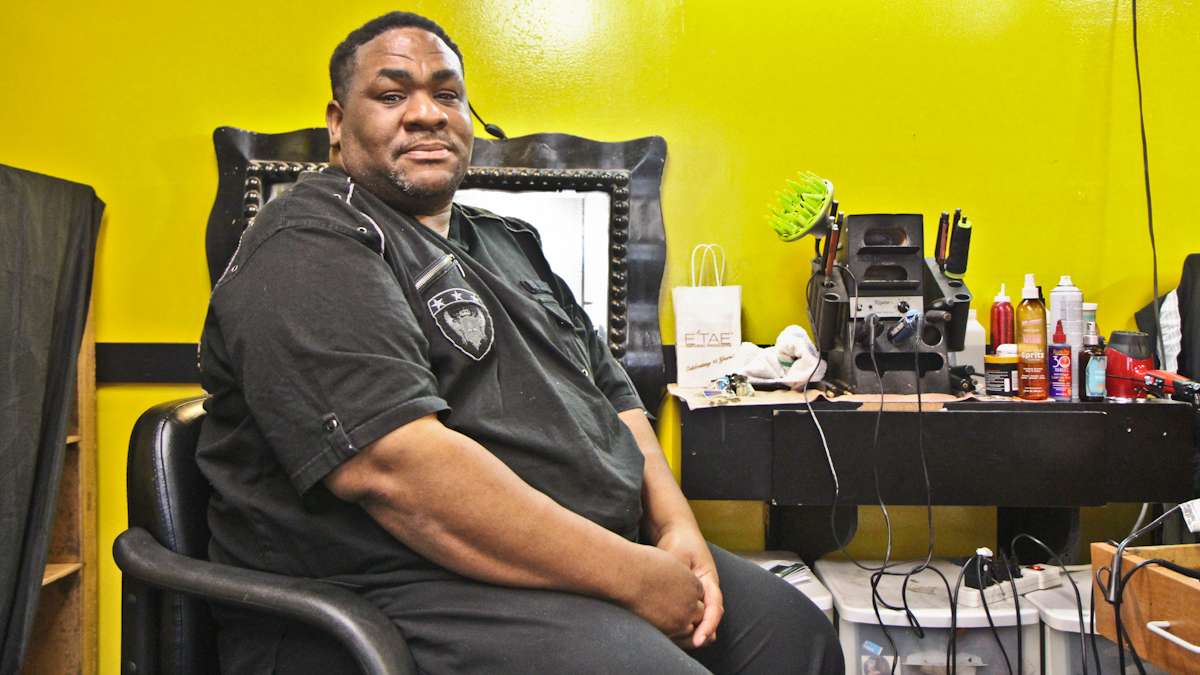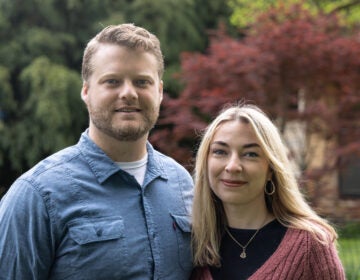In city of 1.5 million, Kenney begins helping one at a time
ListenLast week, at a town hall meeting in Northeast Philadelphia, Estela Hernandez choked up as she told the city’s incoming mayor, Jim Kenney, how the police pulled her over on the way to the event.
Hernandez, an undocumented immigrant who spoke only Spanish, said through a translator that the police confiscated the car because the driver, her husband, didn’t have a license.
“I have three kids, who are 11, 9 and 6,” she said. “The 6-year-old is asthmatic, and they kicked us out of the car while they took it.”
Then, Hernandez, a member of the New Sanctuary Movement of Philadelphia, pleaded with Kenney to support giving driver’s licenses for immigrants in her situation.
After the meeting, Kenney’s staff helped Hernandez and her husband get the car back and even paid from their own pockets to help register and insure it, according to spokeswoman Lauren Hitt. They also made Hernandez promise not to use it without a licensed driver.
If you’re an aspiring politician, you can spend years doing constituent services, helping people with their problems one at a time. But if you become mayor, it doesn’t necessarily mean you can finally get beyond that and focus on making sweeping policy changes that have the potential to help many.
Recently, Kenney — who was a city councilman for 23 years — told a room full of business executives he wants to be the kind of mayor who pays attention to the details. He said his commissioners should expect a lot of phone calls pointing out the little things that need fixing or instructing them to get in touch with a resident who has an issue.
“I want to be a combination of Dick Daley and Ed Rendell,” he said, drawing laughter from the crowd.
We’re guessing you’re familiar with former Philadelphia Mayor and Pennsylvania Gov. Ed Rendell, but Richard M. Daley was the longtime mayor of Chicago through the 1990s and early 2000s. He was known for being so up on the state of every pothole and abandoned lot in the Windy City, he earned the nickname “Mayor Rain Man.”
“Daley being so anal about service, and Ed being such a cheerleader for the city, if I can combine those two characters, I think we’ll do well,” Kenney said.
But how many problems can one mayor handle – especially when you’re running a city of 1.5 million people?
More than you’d think, Rendell said.
“You don’t go looking to help the one person at a time, but if they find you … you try to help,” he said.
From barking dogs to domestic abuse
Of course, these problems aren’t just the mayor’s alone to fix. They get by with a little help from their staffers.
“People would call – my trash hasn’t gotten picked up, my neighbor’s dog is barking,” remembers Robin Schatz, who was Rendell’s first constituent services director in the 1990s.
It surprised her how many people reached out to the mayor’s office with everything from the mundane to the very serious.
“This young woman called me one day crying and she didn’t know what to do because her husband was abusive and I told her what she needed to do to get help, to file a … protection from abuse order,” said Schatz, who kept in touch with the woman for years as she and her children rebuilt their lives.
“That may not feed into the overall policy, but that’s what makes people feel good about their government, that somebody cares enough to help deal with their problem,” she said.
And in the era of social media, outgoing Mayor Michael Nutter — also a former city councilman — said there are more ways than ever for people to get in touch. One of Nutter’s accomplishments was setting up a 311 call center and mobile app for non-emergencies, which for many people has improved access to city services.
But that doesn’t stop people from catching him as he’s stepping onto an elevator, for example, to ask him to help lower their property tax assessments as one man did recently.
“Everyone believes in this city that the mayor is in charge of everything, is responsible for everything and can fix everything — no matter what the issue is,” Nutter said.
However, there are limitations. No mayor, even with a large staff, can take it all on — Nutter guesses he hears from about 15 to 20 people every day — and it can be difficult to see the city getting better for some while others are left behind.
“For 25 percent of the city, they live in poverty, they live in despair often and it’s that 25 percent that you wish you could help,” Rendell said. “And you do your best and help as many as you can, but it’s extraordinarily frustrating.”
The key, both Rendell and Nutter said, is managing your time and knowing which problems you can fix and which you can’t — a lesson from the mayors to the rest of us.
WHYY is your source for fact-based, in-depth journalism and information. As a nonprofit organization, we rely on financial support from readers like you. Please give today.













